Today, the biggest news comes from the Caucasus region.
Here, as the United States prepares sweeping secondary sanctions on Russian energy exports, countries across the Caucasus are scrambling to end their dependence on Moscow before they get caught in the crossfire. What was once a stable sphere of influence is now collapsing, as former allies turn away from Russian oil, breaking decades of energy ties and dealing Moscow one of its most serious strategic defeats since the war in Ukraine began.
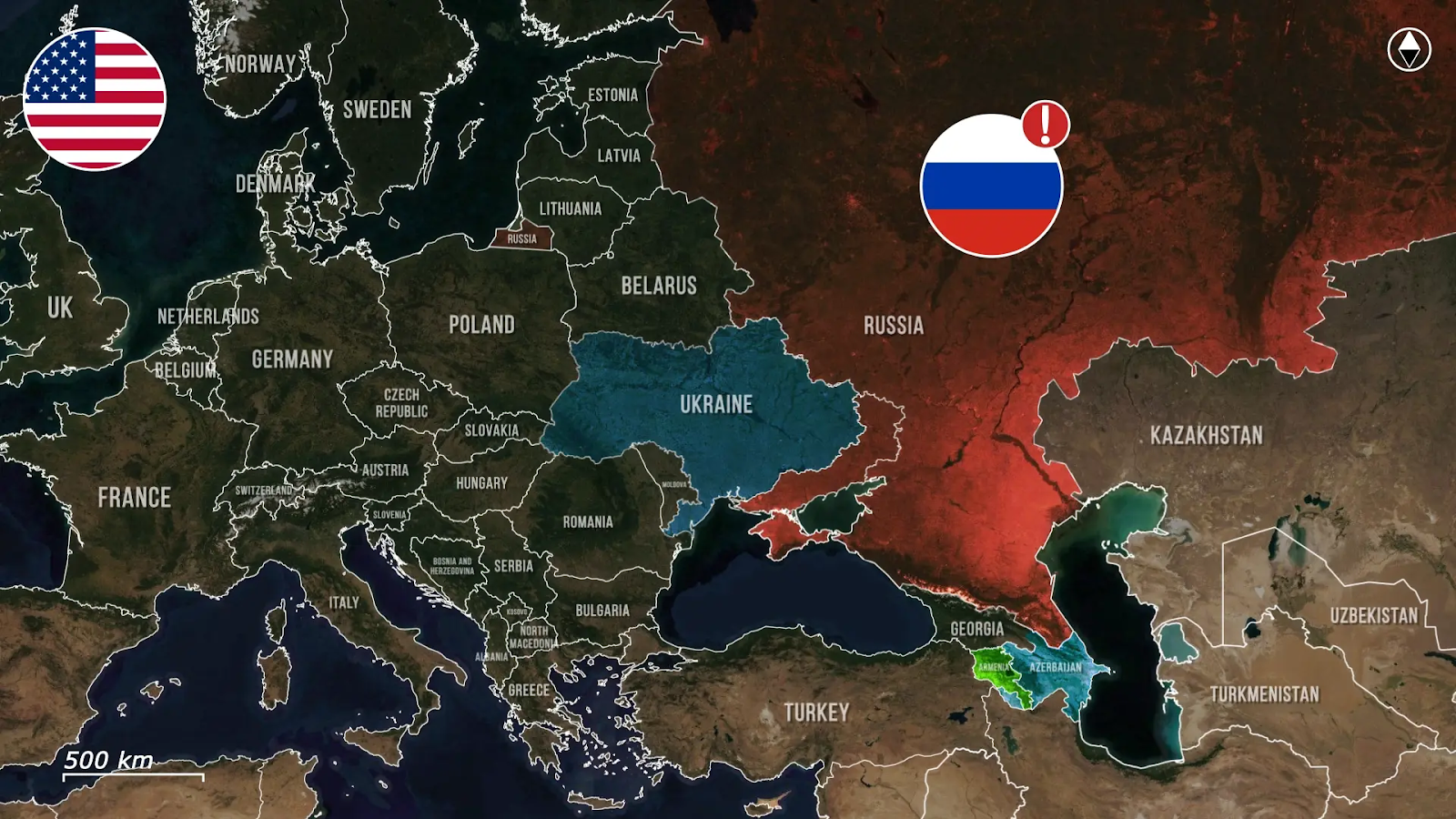
Trump has signaled that his original 50-day deadline for Russia to halt its war may be cut short, with secondary sanctions hitting any country that continues doing business with Russian energy. However, recently, in a meeting with UK Prime Minister Keir Starmer, he floated a much shorter window of 10 to 12 days to force Moscow’s hand, as he noted it is already clear Russia has no intention of stopping the war. What this means is that if Trump follows through, the U.S. will sanction not just Russian exports, but also any country buying Russian oil, gas, or mining exports. Draft legislation from Republican lawmakers suggests penalties as high as 500 percent, and with over 85% support in the US Senate, countries buying Russian exports now face a stark choice: cut ties or face massive penalties.
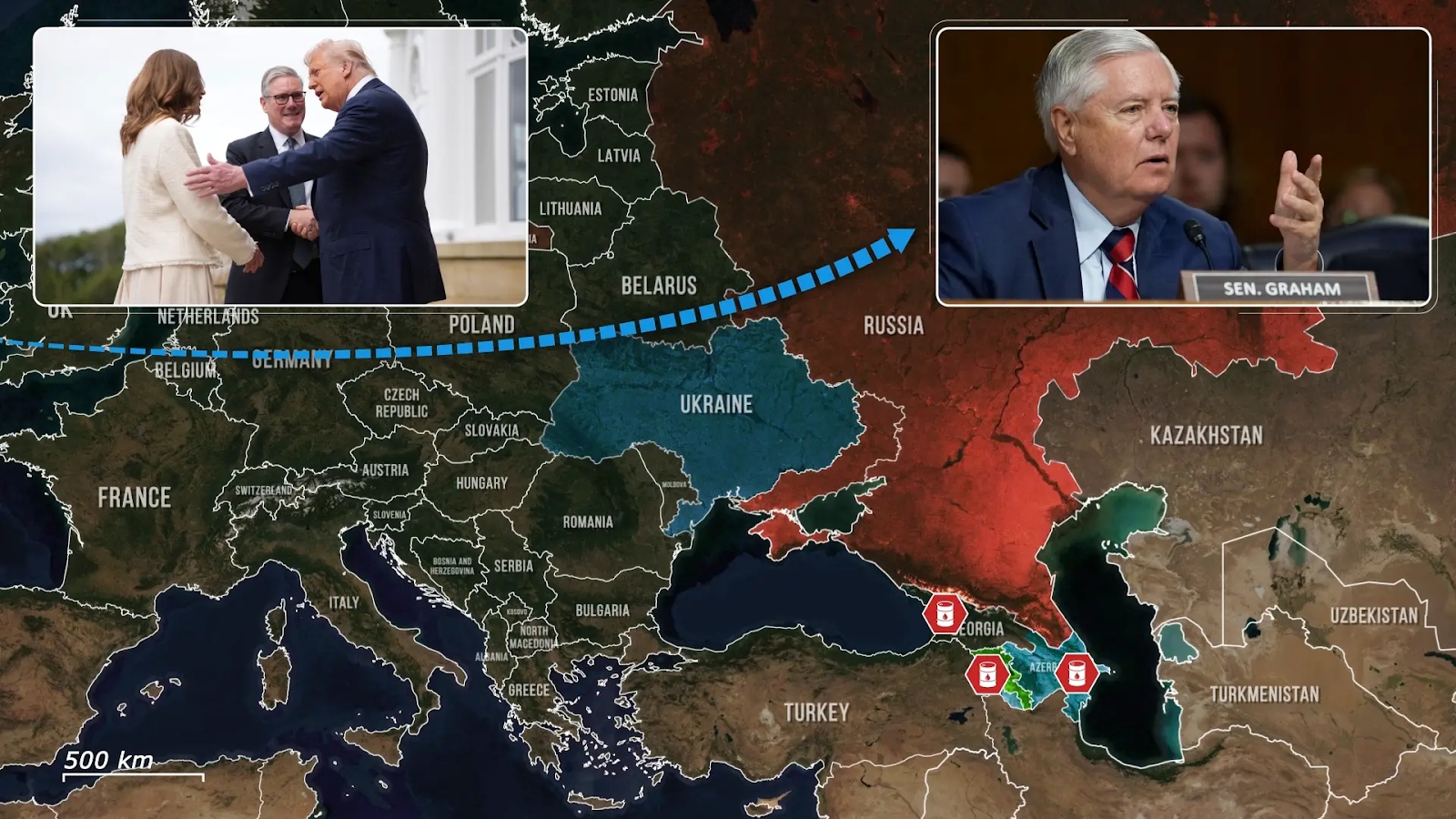
For many post-Soviet states, that’s already triggering a full-scale rethink, nowhere more so than in Armenia, where the pivot is already underway. The government is nationalizing its power grid, stripping control from a Russian-Armenian oligarch under criminal investigation and transferring ownership to a state agency. At the same time, Armenia’s infrastructure minister has opened direct talks with Turkey to explore new energy links, such as expanding cross-border electricity lines, integration into Turkish gas transit networks, and participation in regional pipelines like the Southern Gas Corridor. By moving forward with the deal, Armenia would not only sever its last major energy ties to Russia but also block one of Moscow’s few remaining land-trade routes into Iran. In short, Armenia is burning its bridges and removing dependence on Russia, and even if it means increasing their dependence on Turkey, officials seem to prefer that risk over staying tethered to the Kremlin’s fate.
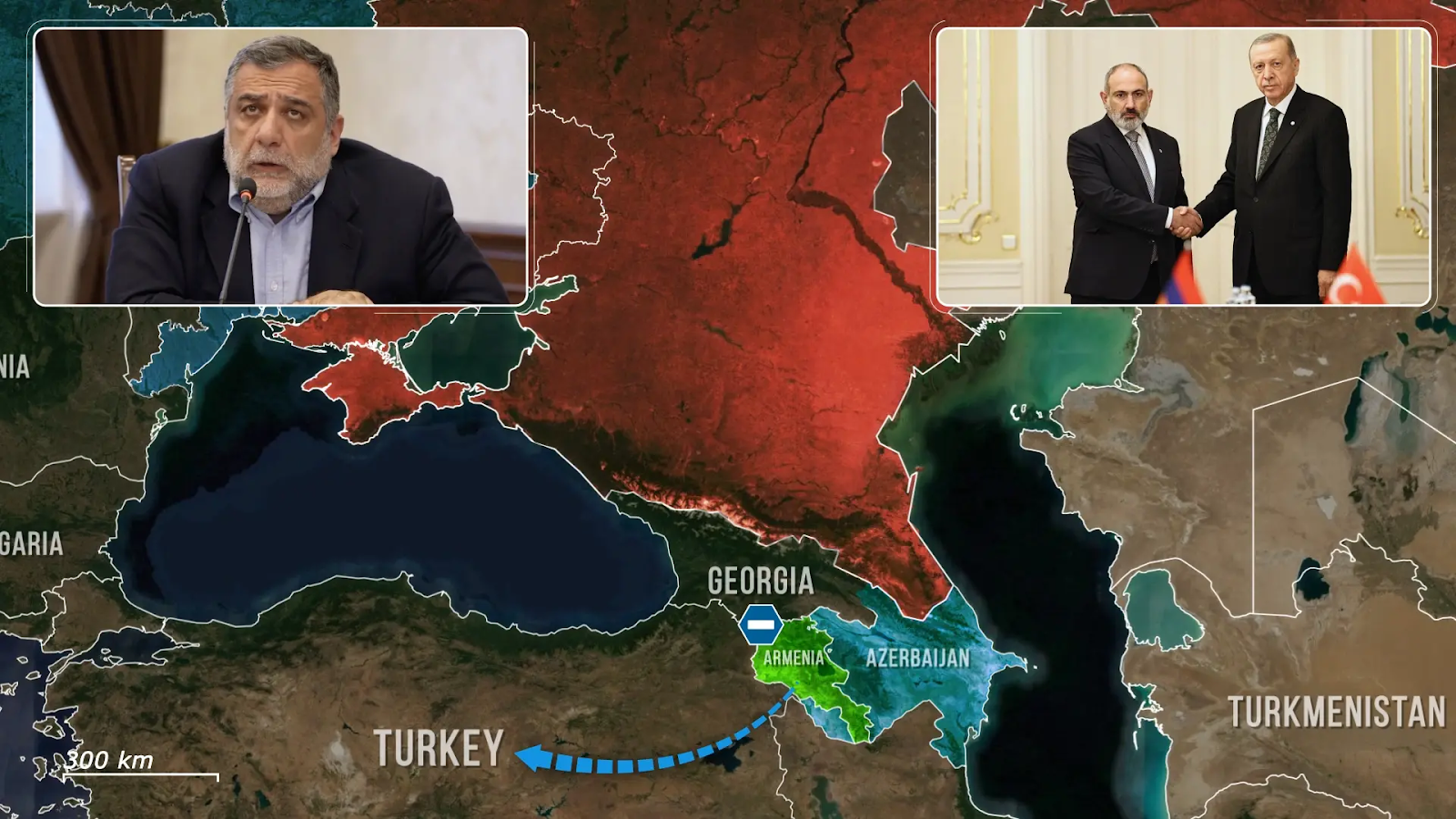
Azerbaijan’s strategy, both about breaking ties and removing Russian leverage, especially after recent Russian troop redeployments, serves as a warning to Baku. Azerbaijan is investing in sustainable aviation fuel, hydrogen, and wind corridors, positioning itself as an international green energy hub, tying itself to Western markets by aligning with European climate policies like Refuel-EU. This also opens doors to institutions such as the European Bank for Reconstruction and Development, which has already directed 80 percent of its Caspian investments toward Azerbaijan. The deeper Azerbaijan embeds in Western energy networks, the more it gains informal security guarantees, making it harder for Moscow to use military threats or gray-zone tactics without provoking wider blowback.
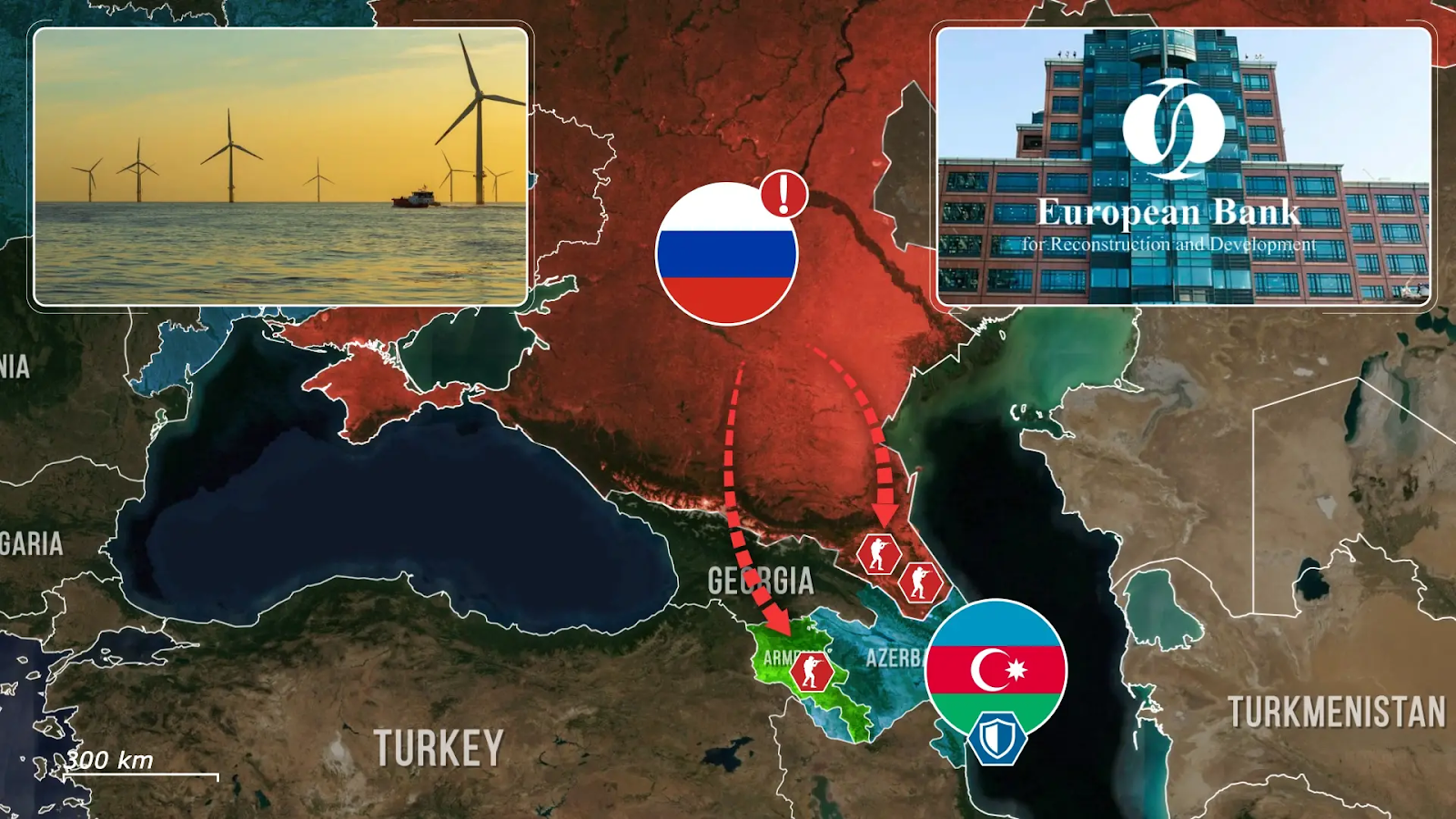
Taken together, the realignment underway in Armenia and Azerbaijan reflects not just isolated national pivots, but a broader collapse of Russian leverage across the region, where Moscow’s former influence is giving away to a new energy order shaped by Western-backed infrastructure.
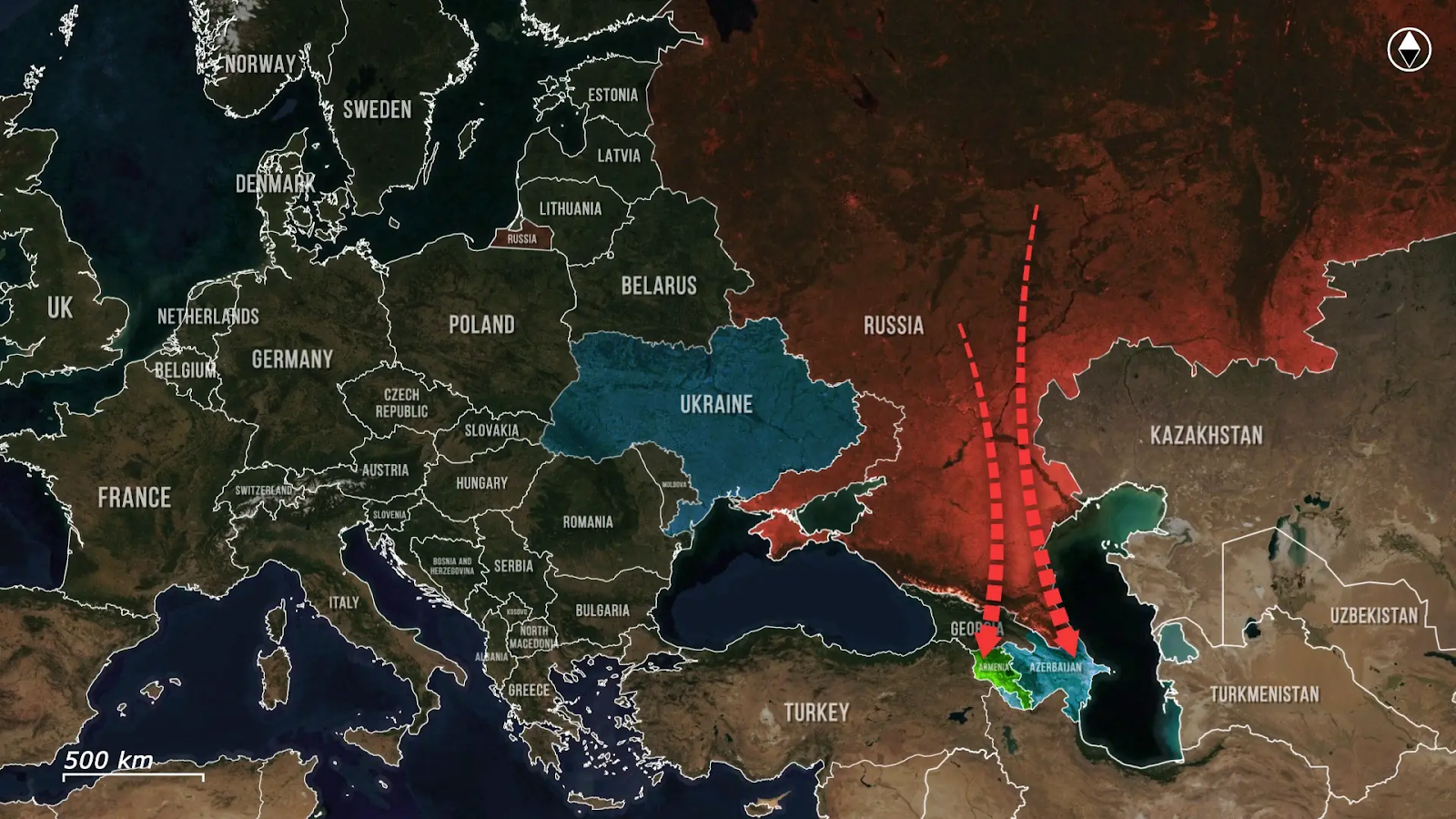
If US secondary sanctions take effect, the cost of staying loyal to Russia will spike: trade barriers, blacklists, and economical fallout will outweigh any short-term gains from cheap Russian oil or gas deals. Energy independence is not just a safeguard from this, but it provides access to new financing, long-term trade deals, and integration into Europe’s regulated energy and climate networks, giving these countries a more stable and growth-oriented alternative to Russian dependence. Even Armenia, once seen as one of Russia’s most reliable clients, is abandoning that model in full view.
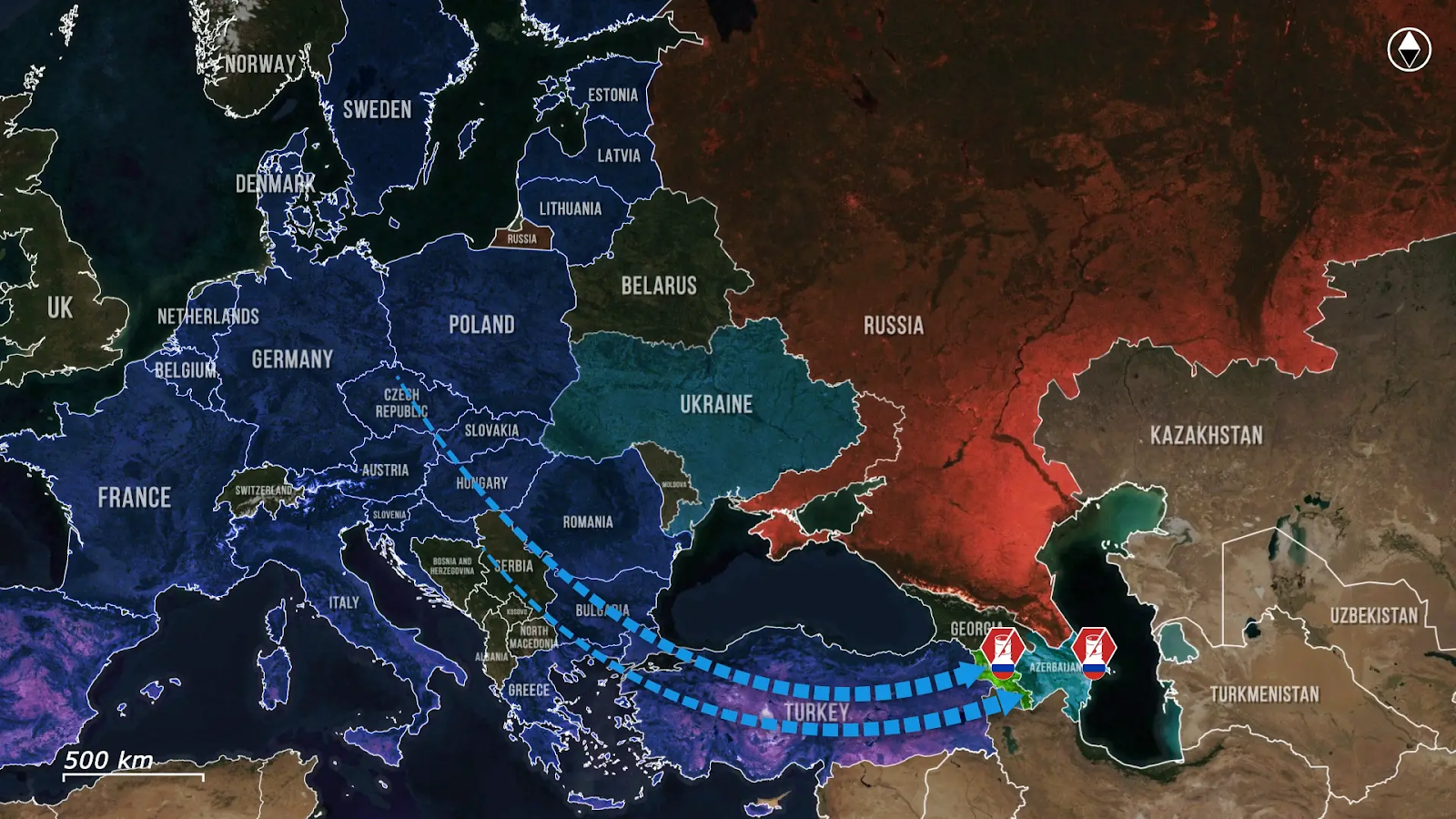
Overall, the looming sanctions have forced Russian regional allies to choose between loyalty and survival, and most are already walking away. Secondary sanctions on Russia do not just hurt revenue, they dismantle long-standing dependencies, strip away leverage, and erase Russia’s relevance as an economic partner. With Armenia pivoting toward Turkey and Azerbaijan embedding itself in green energy links to the West, the post-Soviet energy web is collapsing fast. And as these governments rewire their economies, Russia’s role in the region is shrinking from indispensable partner to expendable liability.
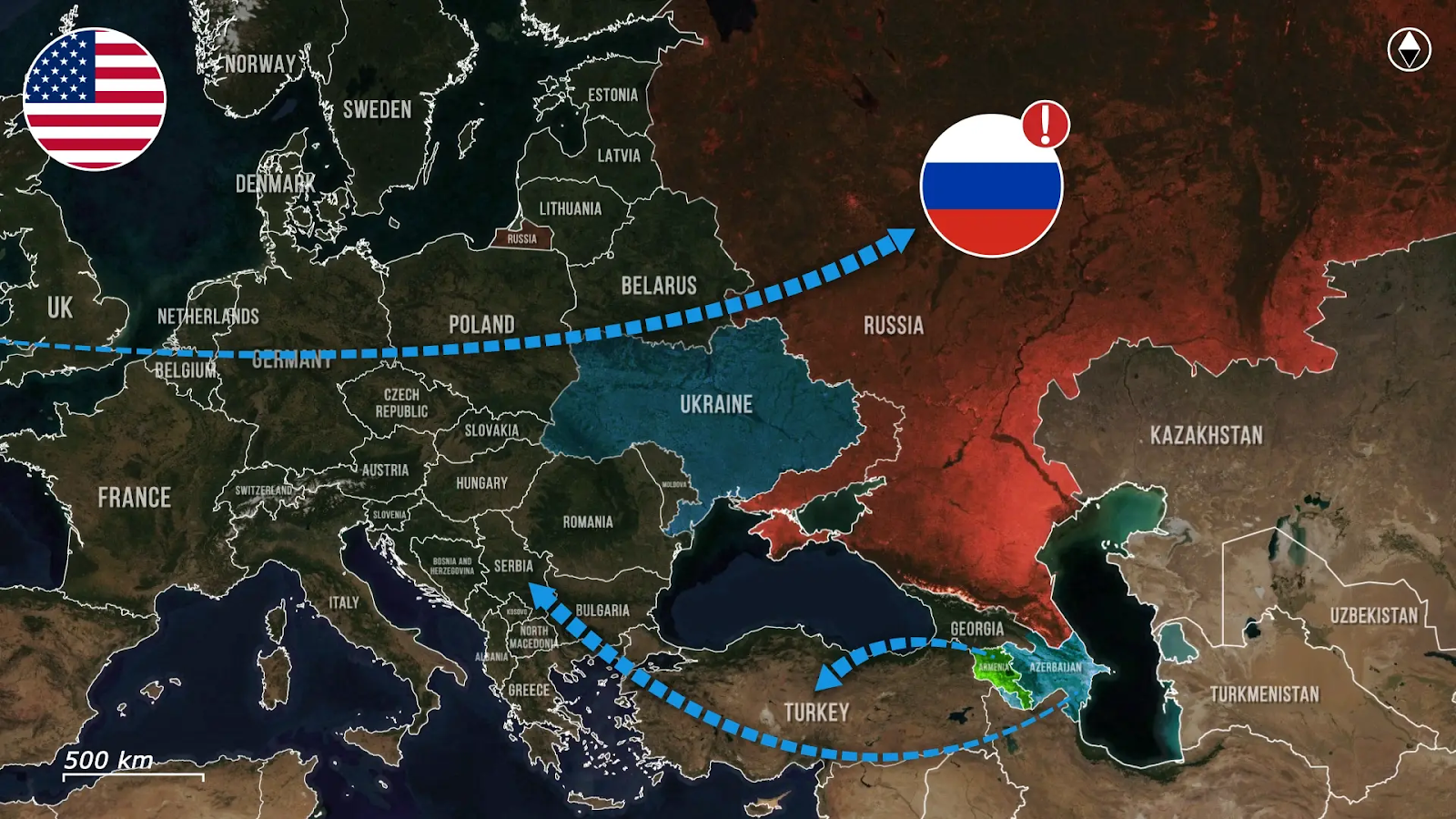

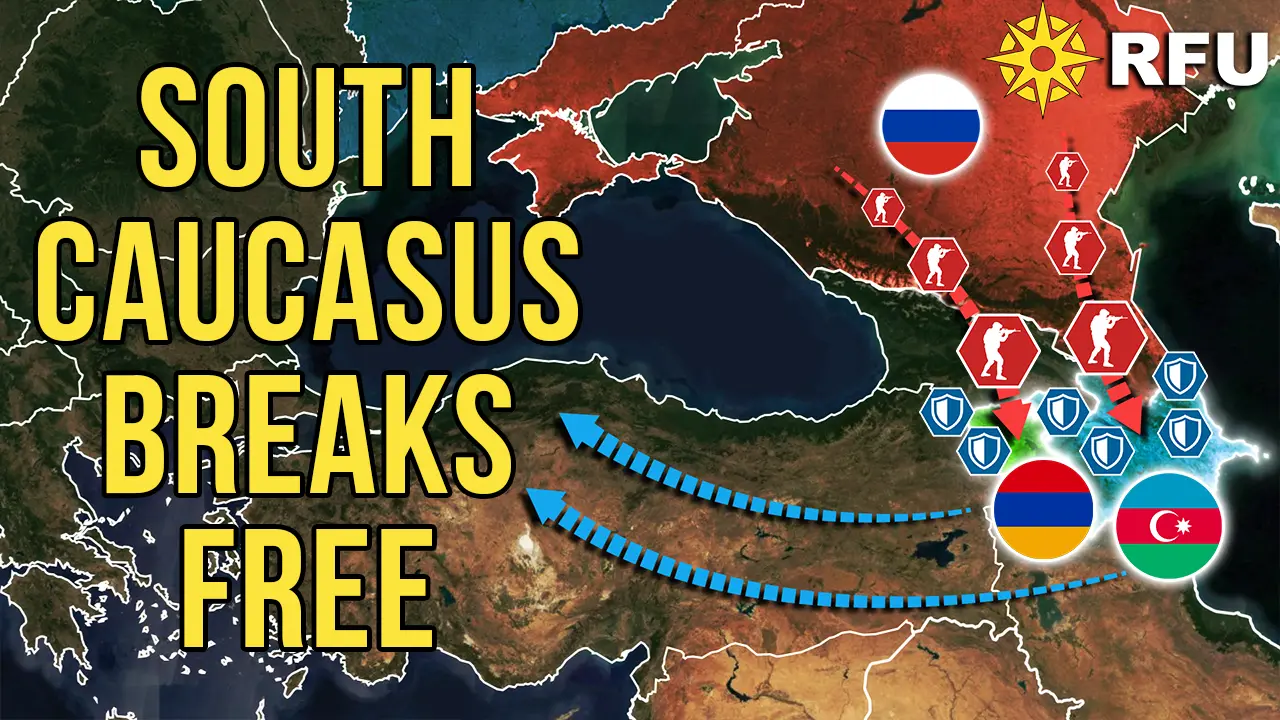
.jpg)
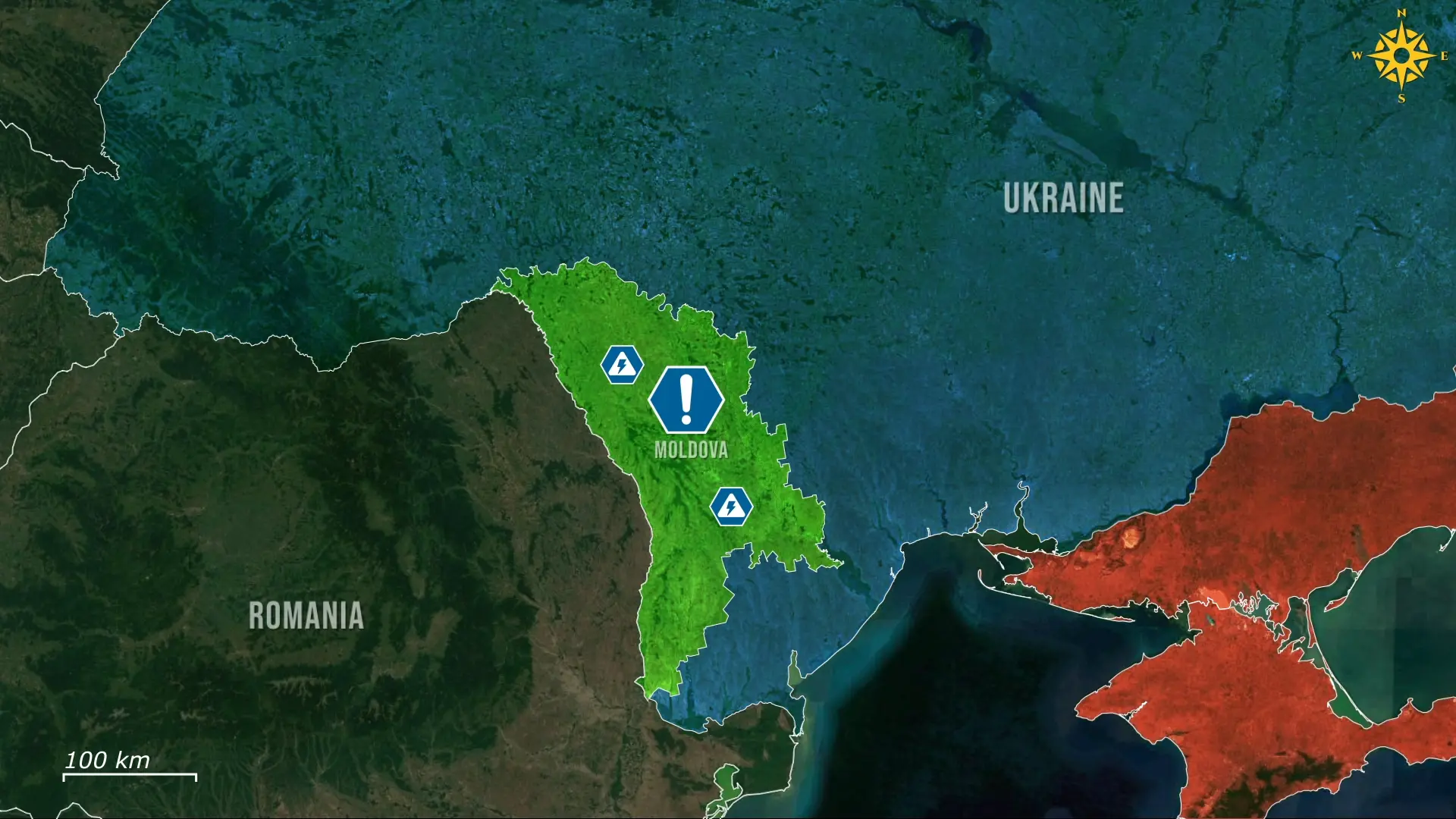
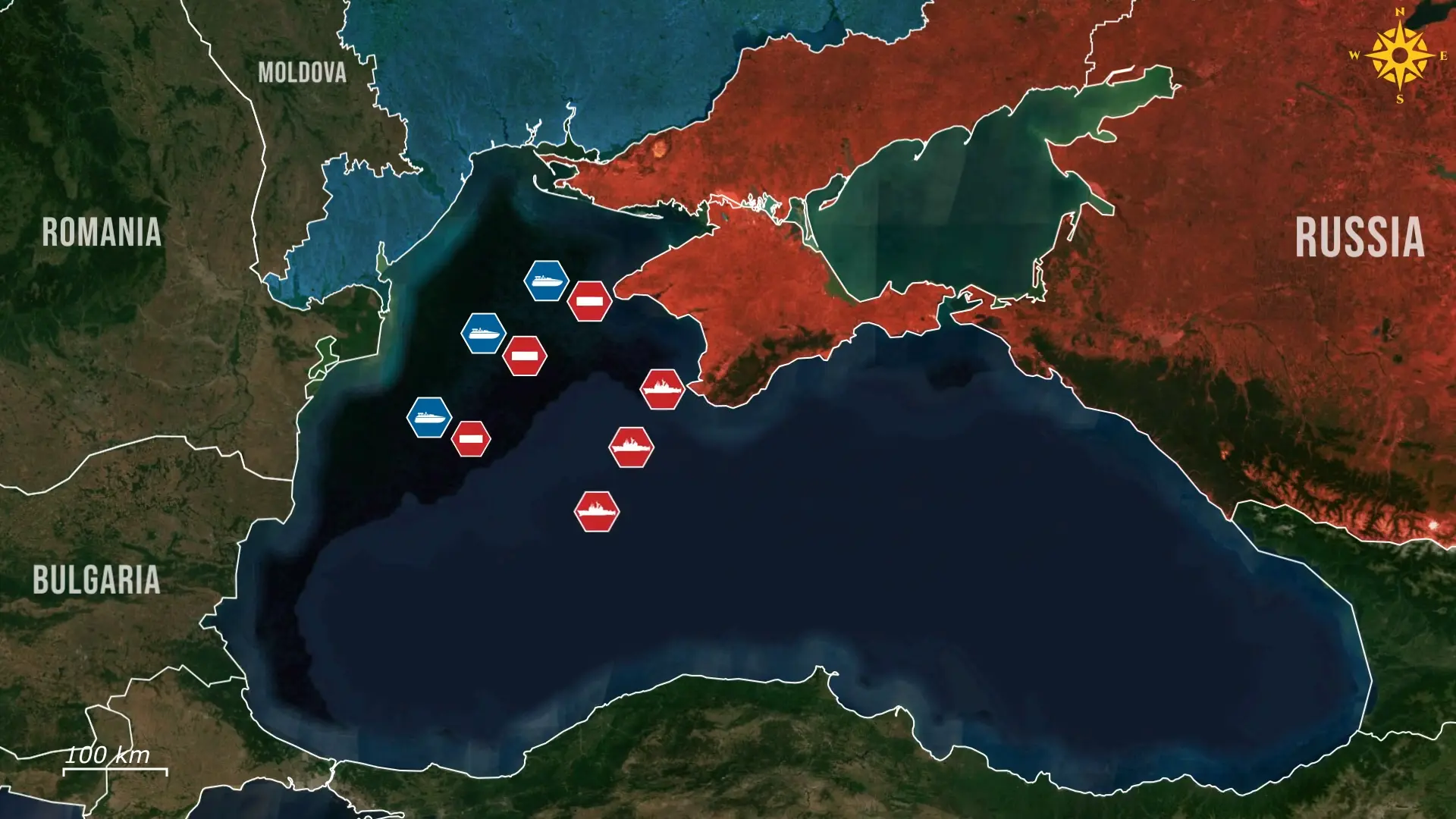
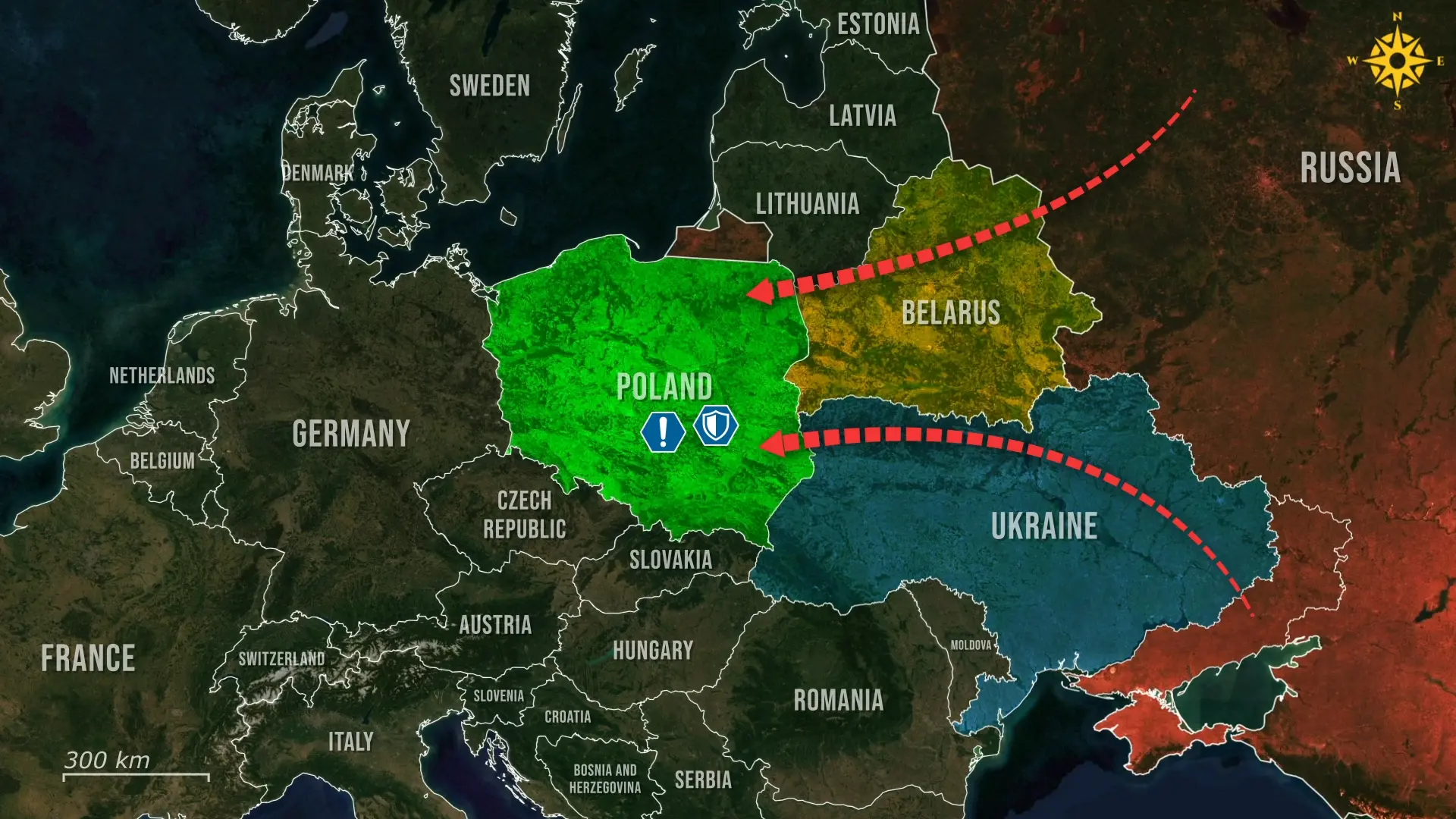
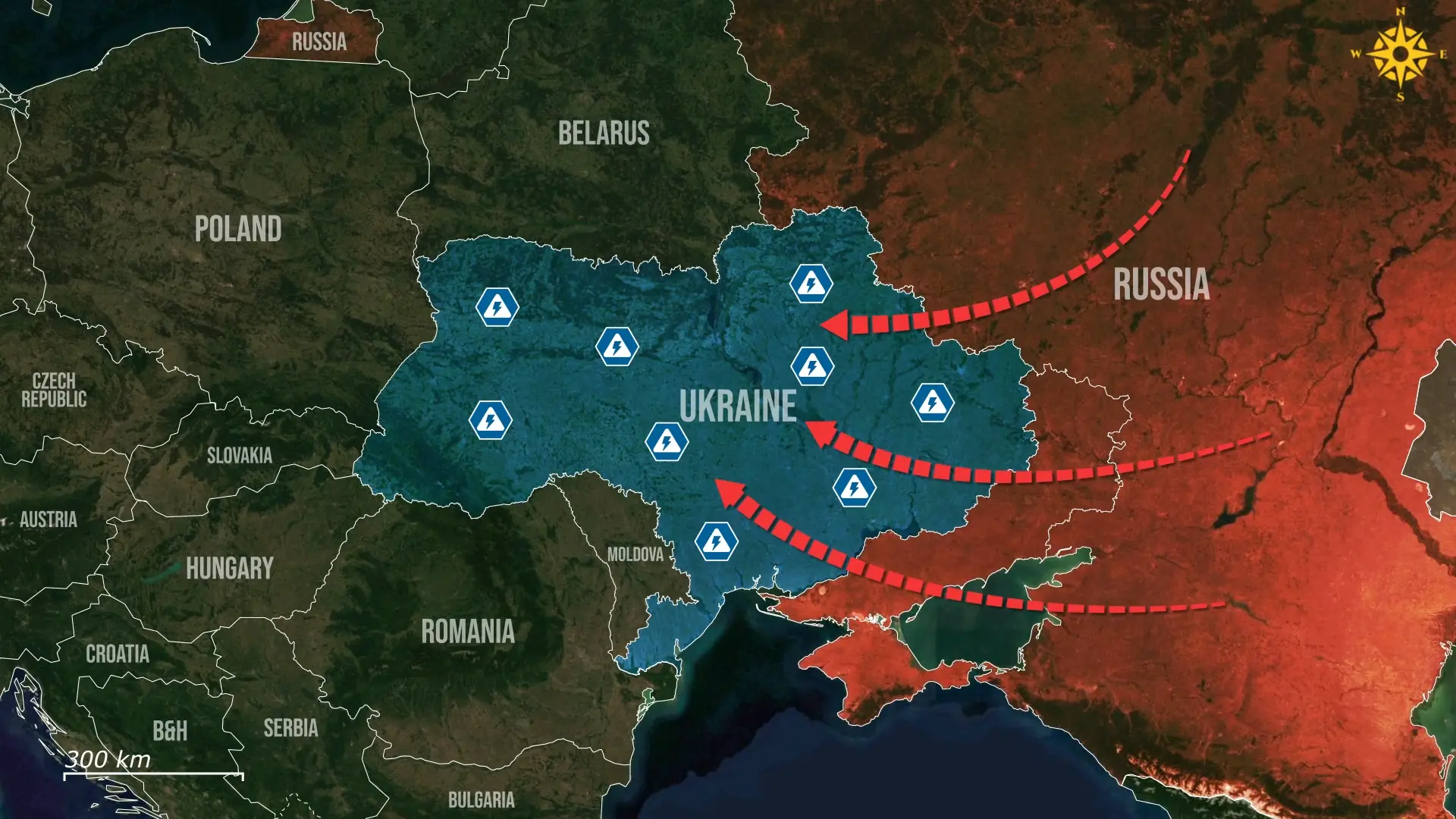
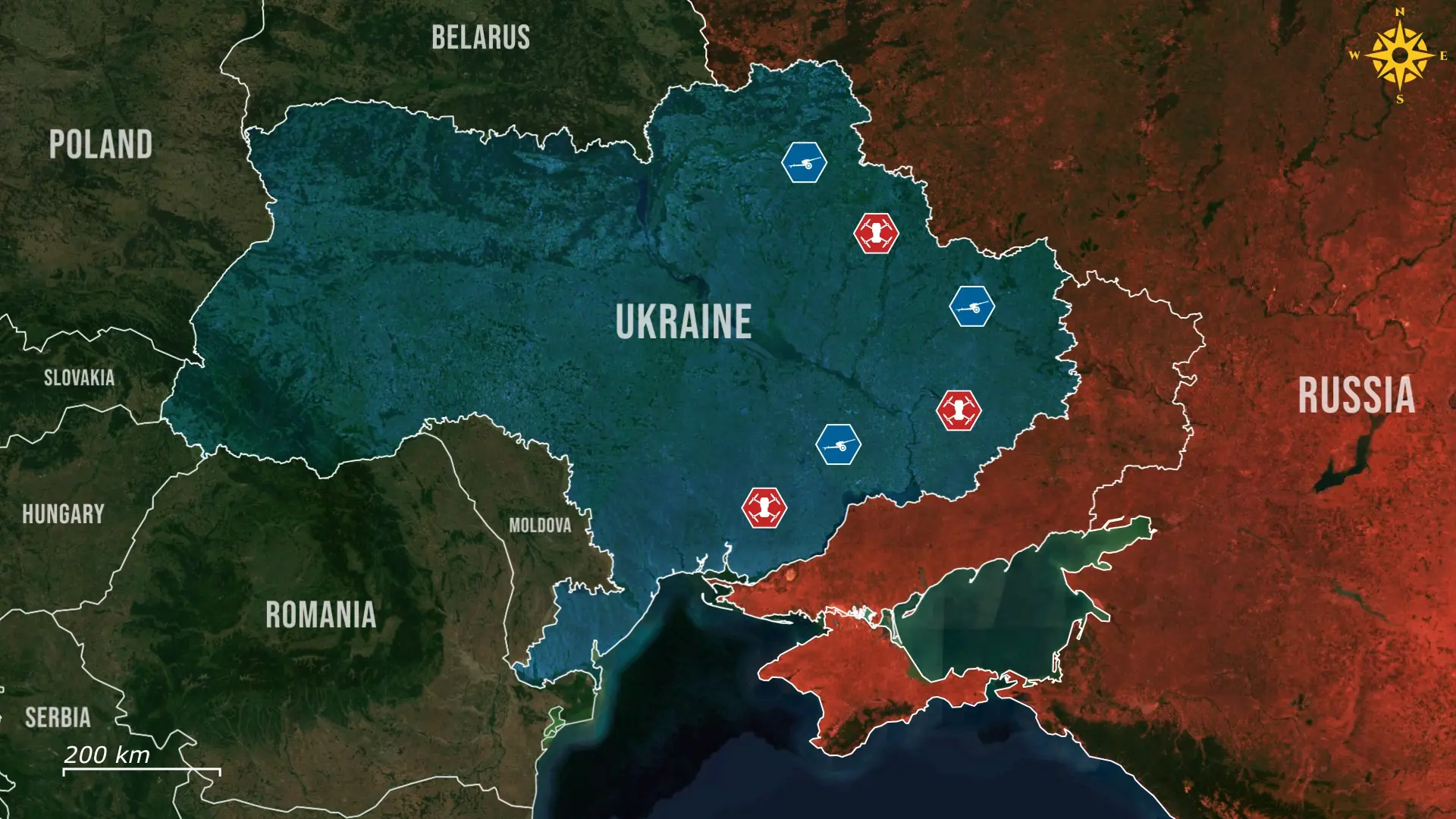
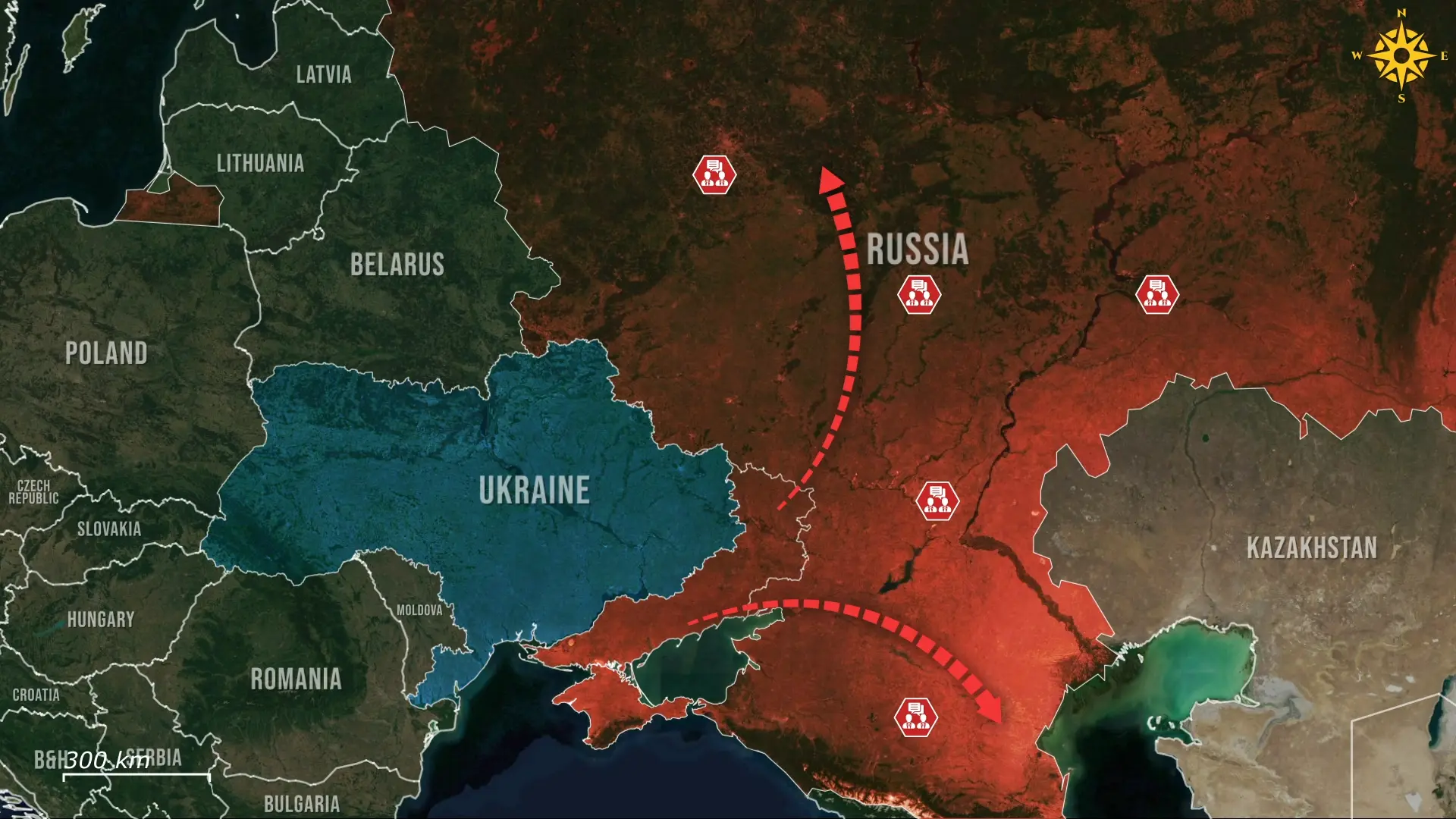
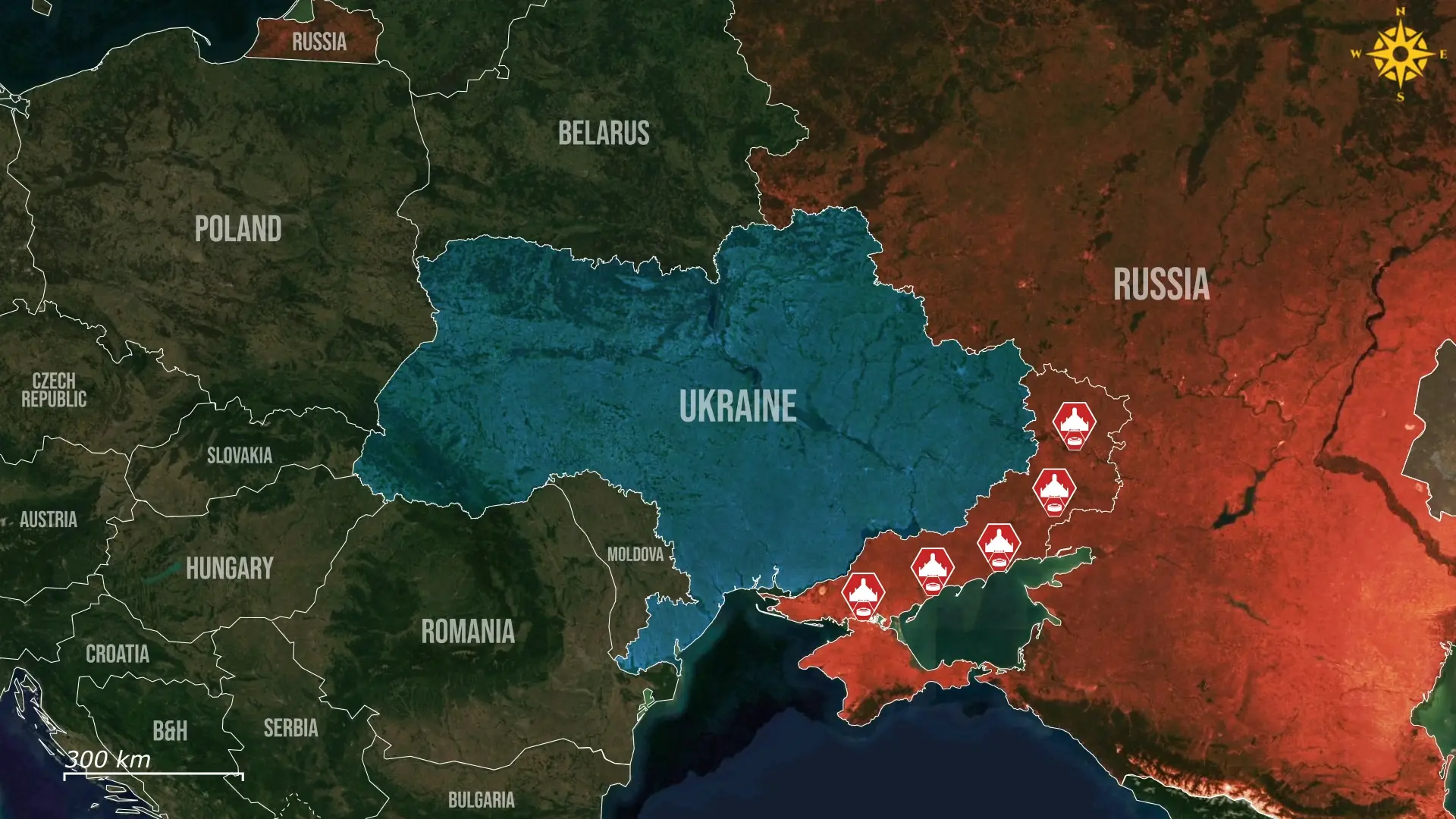
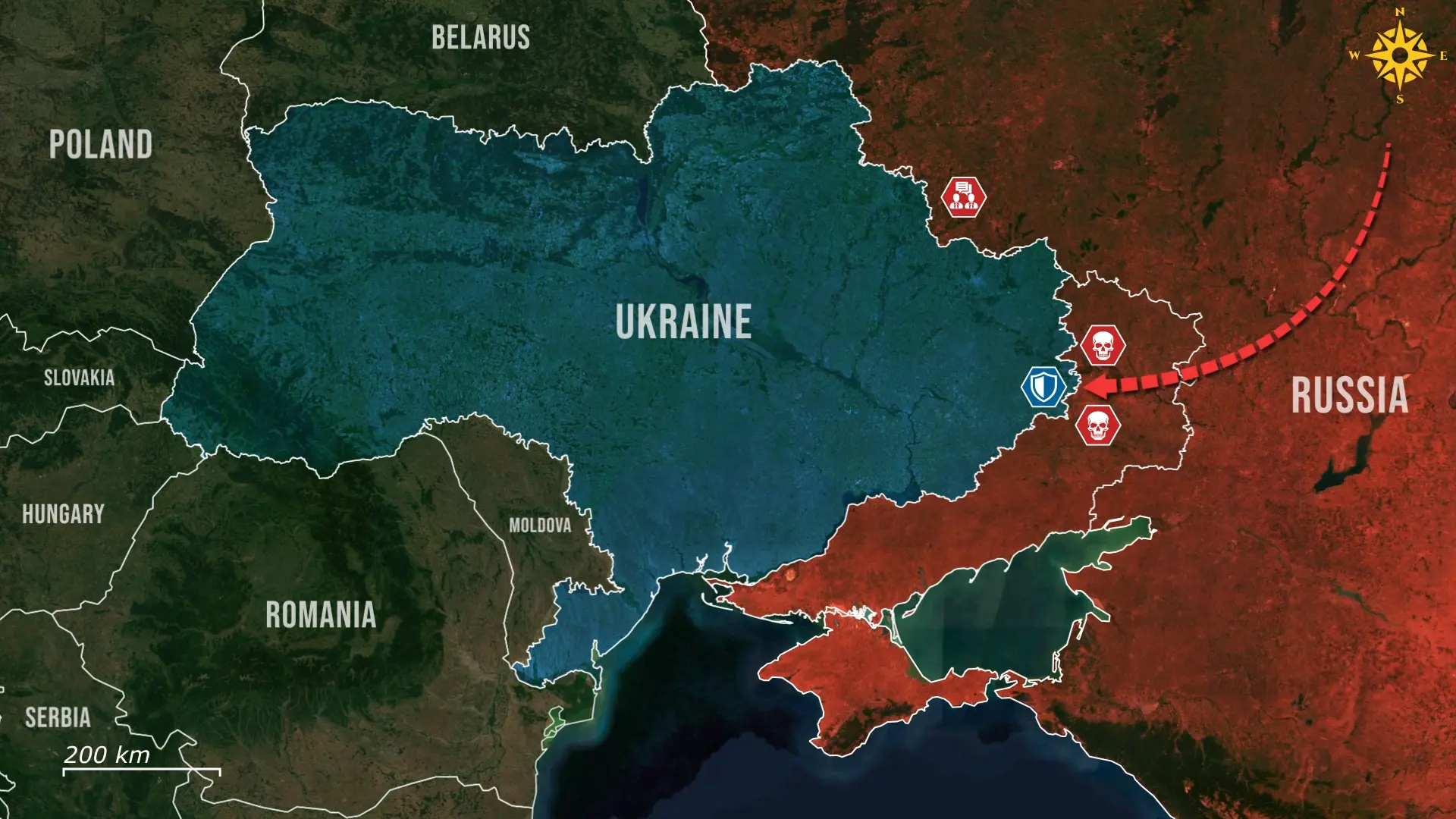
Comments